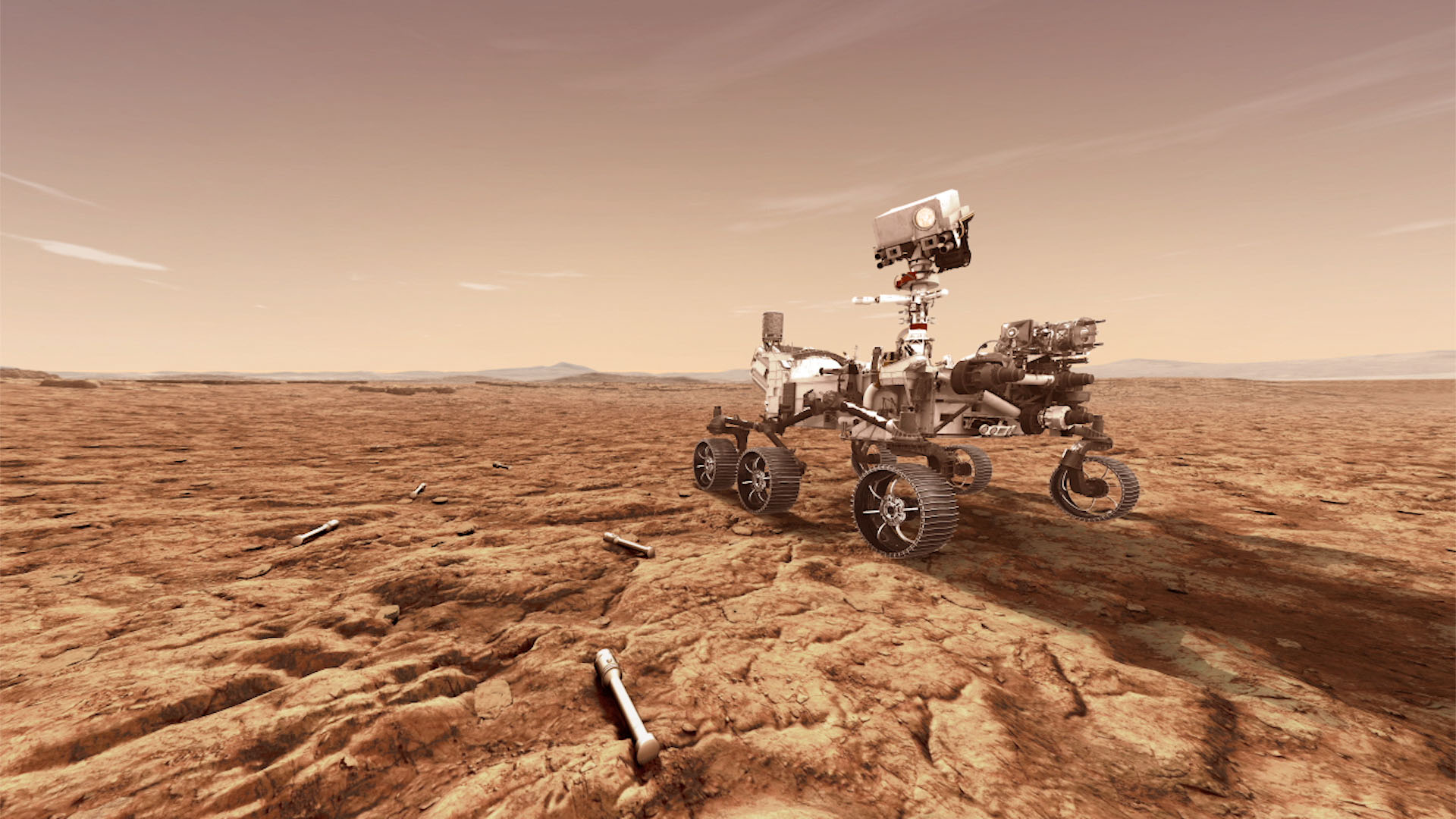NASA will host a media teleconference at 11 a.m. EST Tuesday, Nov. 10, to discuss the findings and recommendations of the report by an agency-commissioned independent board about NASA’s plans with ESA (European Space Agency) for a Mars Sample Return mission.
NASA established the Mars Sample Return (MSR) Independent Review Board (IRB) to evaluate the agency’s early concepts for an international partnership with ESA to return the first samples from another planet. The report will be released at 9 a.m. Tuesday, Nov. 10, on the agency’s Reports and Transcripts webpage and includes the MSR IRB’s findings and recommendations and NASA’s responses.
During the teleconference, NASA science leadership and MSR IRB members will discuss the IRB’s findings and recommendations for the agency’s MSR architecture and what the next steps are for NASA to pursue the ambitious endeavor to collect and return pristine samples from Mars to the Earth.
The teleconference audio will stream live at:
Briefing participants include:
- Thomas Zurbuchen, associate administrator of NASA’s Science Mission Directorate, NASA Headquarters
- Jeffrey Gramling, Mars Sample Return program director, NASA Headquarters
- David Thompson, MSR IRB chair, retired president of Orbital ATK
- Maria Zuber, MSR IRB member and Standing Review Board Chair, Vice President for Research at the Massachusetts Institute of Technology
- Peter Theisinger, MSR IRB member, employee at NASA’s Jet Propulsion Laboratory
For dial-in information, media must send their name, affiliation and phone number to Alana Johnson at: alana.r.johnson@nasa.gov no later than 10:30 a.m. Tuesday, Nov. 10.
Returning samples of Mars to Earth has been a goal of planetary scientists for generations, and NASA has taken a methodical approach to building a foundation for this effort. Returning a Mars sample is important because here on Earth researchers can apply the full breadth of terrestrial science laboratory capabilities to investigate the samples, including many instruments too large and complex to send to Mars, as well as techniques not yet invented. Researchers continue to study samples of the Moon returned by the Apollo program more than 50 years ago, and samples of the Red Planet are expected to enable greater scientific understanding and discoveries for decades.
For more information on the agency’s activities on Mars, visit:
-end-
Grey Hautaluoma / Joshua Handal
Headquarters, Washington
202-358-0668 / 202-358-2307
grey.hautaluoma-1@nasa.gov / joshua.a.handal@nasa.gov

























